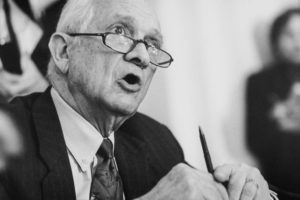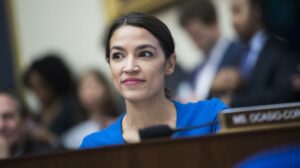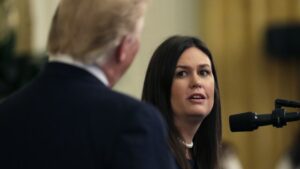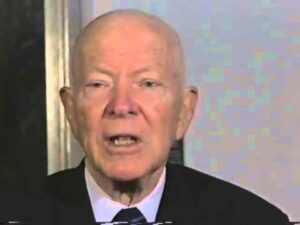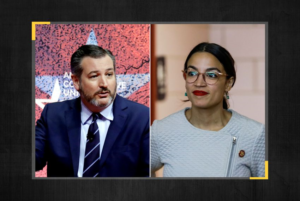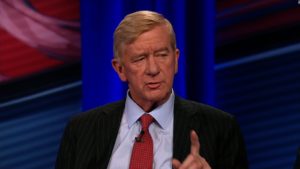I have been thinking a good bit in recent days of my former congressman, arguably the meanest, most irascible, most ferocious partisan ever to serve in the U.S. House of Representatives.
The late Jack Brooks was that man. He called himself Sweet Old Brooks. You get how the initials spell out and how they likely refer to their more, um, colloquial meaning.
Brooks — who represented the Golden Triangle of Texas from 1953 until 1995 — was one mean dude. It is no stretch to say that he hated Republicans. He served on the House Judiciary Committee that approved articles of impeachment against President Nixon in 1974. I read a fascinating Politico piece recently that told how Brooks actually authored the articles to ensure they were written with unassailable precision.
How would Sweet Old Brooks react to what we’re debating today?
I truly believe in my gut that he would be calling for Trump’s head on the proverbial platter, or perhaps even some pertinent body parts as well, if you know what I mean.
Jack Brooks was one of many Texas proteges of the great House Speaker Sam Rayburn, who took other political fledglings under his wing. Men such as Lyndon Johnson and Jim Wright (another U.S. House speaker) owed their political success to the mentorship provided by Mr. Sam.
However, Brooks was wired differently than LBJ or Speaker Wright. President Johnson learned to work with Republicans, who helped him enact the Civil Rights and Voting Rights acts. He needed those Republicans to counter the opposition he was getting from southern Democrats who remained faithful to their segregationist past.
To be clear, Jack Brooks was not among those southern Democrats who resisted LBJ. He supported the president’s efforts in the House. A large part of his Southeast Texas constituency comprised African-Americans in Beaumont and Port Arthur.
Brooks, though, was among the toughest, meanest politicians I ever met. I do not recall in all the discussions I had with him that Brooks would offer unsolicited praise for Republican politicians. He considered President Reagan to be a dunce and a dolt.
How would he react to the conduct of the current Republican president? He would find a way to send Donald Trump packing. Of that I am absolutely certain.
He surely was an SOB, but he was our SOB.
